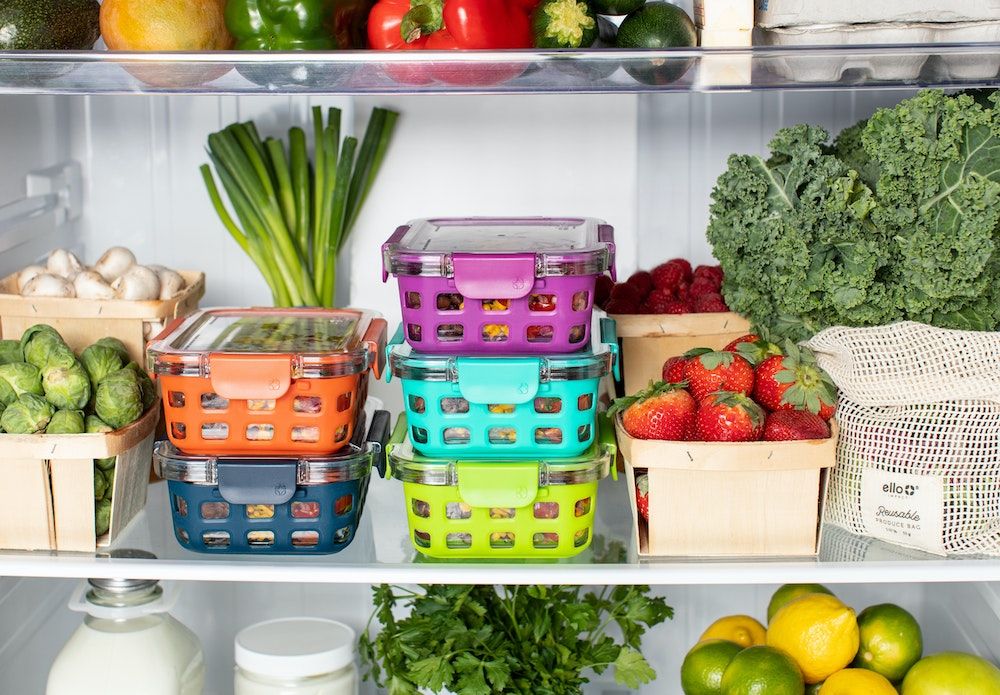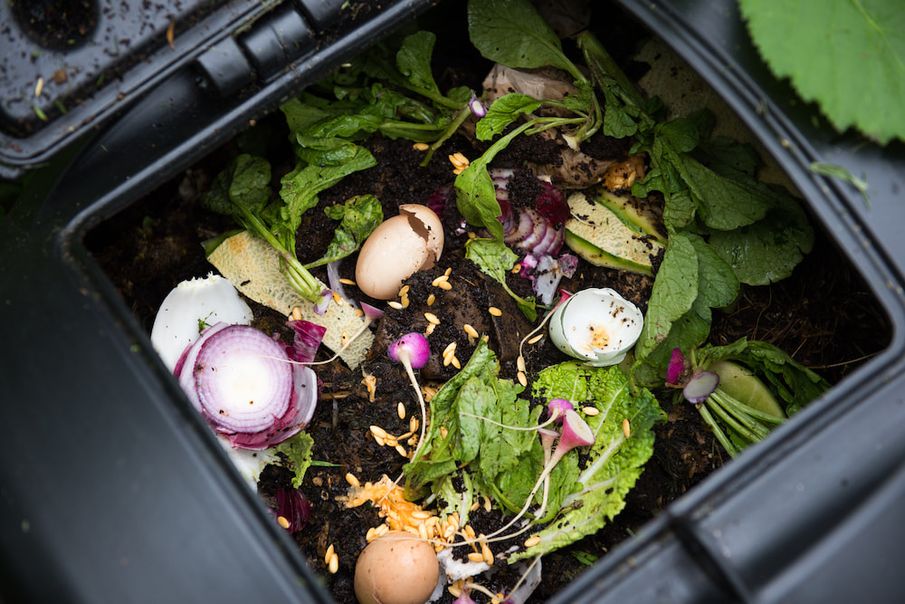We all want to do our bit for the planet, and with the rising cost of living, being cautious about our household food waste is one of the best ways to address both issues
In the UK, nearly seven million tonnes of food and drink are thrown away each year – costing £12.5 billion – while global food waste is at an eye-watering 900 million tonnes. Here, we’re exploring simple habits we can embrace today, in order to reduce our kitchen waste.
Plan your meals
By deciding ahead of time what you’ll be making for dinner that week, you can draw up a more accurate shopping list that limits your basket to only the ingredients you need. You can then factor in the dishes that tend to make extra portions, so you can plan these into your lunches as well. Having already made this daily decision about what to eat saves you time and energy each day, ensures you’re getting a proper, nutritious meal, and can be especially helpful if you’re having a long week.
Store food correctly
One of the simplest ways to reduce waste is to ensure you’re keeping food items at their optimum temperature and in the best conditions to prolong their quality. Check that your fridge temperature is set between 1–5°C, and items that should be at room temperature are kept in your cupboard (such as bread, onions, garlic). You can also preserve certain foods for longer by keeping those that release ethylene gas (which encourages ripening) apart, for example keep bananas, tomatoes, avocados, and pears away from apples, potatoes, berries, and peppers.

Freeze your leftovers
Believe me, I know the temptation to just put that extra portion of pasta in the fridge thinking you’ll eat it tomorrow, but then you fancy something else, and it sits there until you throw it away. Unless you’ve planned the leftovers into your weekly schedule, the better option is to put these in your freezer. Leftovers will keep much longer this way, and be ready for a day when you just need something quick and tasty.
Get into composting
Even if you’ve planned your meals, and saved all the leftovers you can, there will still be times when you have scraps, peels, or uneaten items, and this is where composting comes in. This is a means of turning organic food items into fertiliser for plants, and you could collect this in garden compost bins which would typically hold a lot more material, or perhaps get a countertop kitchen caddy, which allows you to compost even without the outdoor space.
Repurpose your breadcrumbs
Most of us will have some kind of bread item as a staple in the kitchen, but how often do we not get through the whole loaf before it starts getting stale? Rather than just throwing it away, there are several ways to make the most of this bake. You could use the breadcrumbs to make stuffing to accompany a dish, or use them to prepare some homemade breaded chicken or mushrooms. You could even whip up a tasty bread and butter pudding for dessert as a treat. Or, if you’re up for a nostalgic activity, why not head down to your local pond and use a little of the bread to feed the ducks? A quack-ing idea.
A great option to reduce kitchen waste is to go through your fridge and cupboards to create a hearty soup or broth from items you have to hand. The essential steps are simple to follow, and the ingredients can be adapted depending on what you have available – for more specific recipes, have a look online as there are a wealth of ideas out there!
1. In a pan, add chicken or vegetable stock, or miso paste for a broth.
2. Take your leftover vegetables and chop them finely. This could include sweet potatoes, carrots, mushrooms, onions, or any vegetables you have (some will pair better than others so consider your favourite flavours and textures).
3. Cook this all together for 10 minutes.
4. If you’d like a little more texture in your soup, you could add some ready-made noodles, or keep some of the vegetables in bigger chunks when chopping.
5. Add any seasonings you like, and when happy with the flavour, enjoy!


Comments